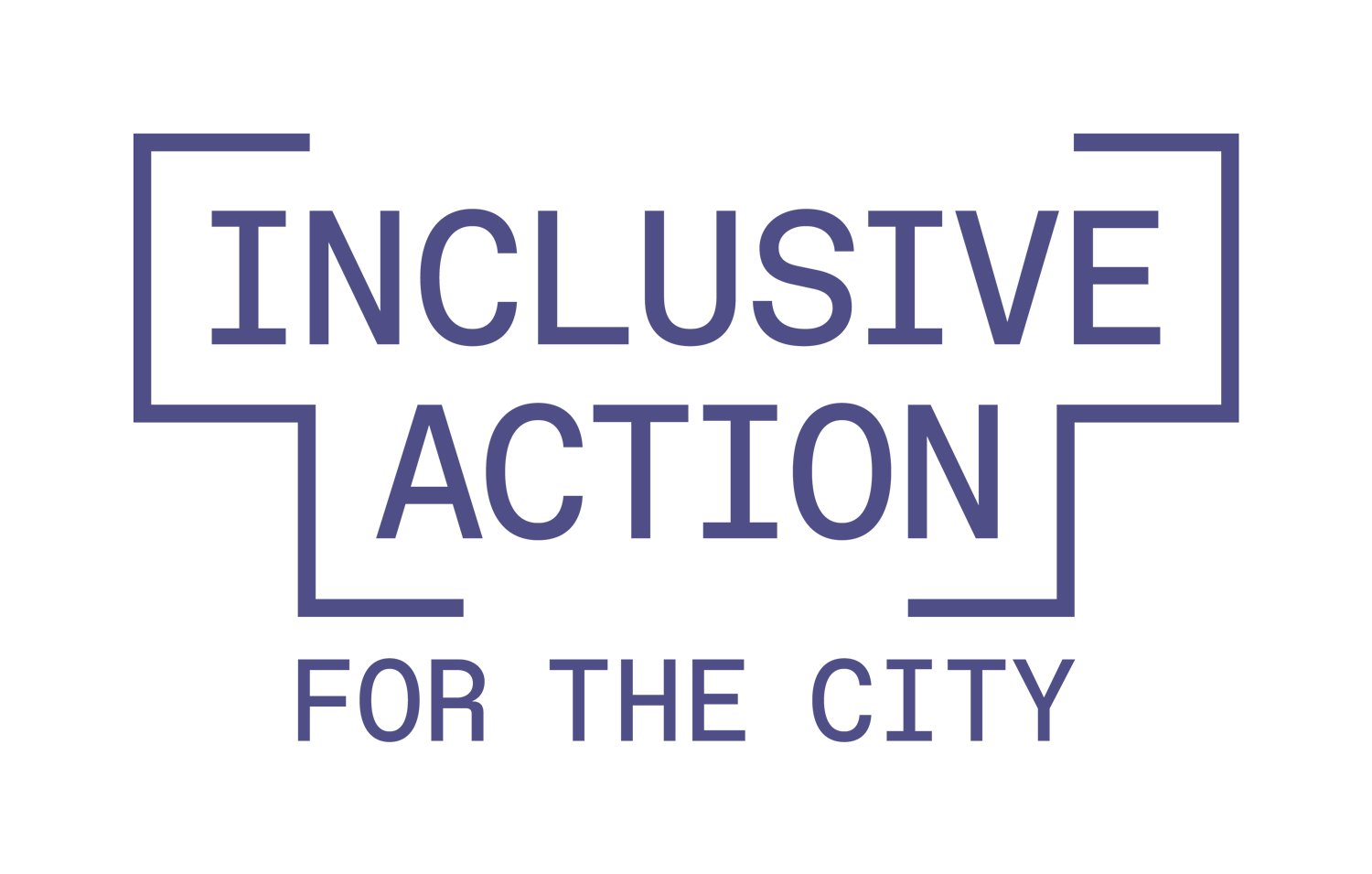The Inclusive Action team reflects on fighting anti-Black racism and white supremacy culture
By John Broadway
During Inclusive Action’s virtual team retreat last week we reflected upon how white supremacy culture exists in our organization and how we can fight against that and anti-Black racism. We believe one of the best ways to create change is through intentional self-reflection and committing to action. As economic justice advocates for local entrepreneur clients - who are marginalized by race, citizenship status, and income - we have a responsibility to lead by example in order to disrupt white supremacy culture and anti-Black racism.
In order to prepare ourselves for this task we started by reading White Supremacy Culture by Tema Okun. In this document he explains and lists characteristics of white supremacy culture that show up in our organizations:
“Culture is powerful precisely because it is so present and at the same time so very difficult to name or identify. The characteristics listed below are damaging because they are used as norms and standards without being proactively named or chosen by the group. They are damaging because they promote white supremacy thinking. Because we all live in a white supremacy culture, these characteristics show up in the attitudes and behaviors of all of us – people of color and white people. Therefore, these attitudes and behaviors can show up in any group or organization, whether it is white-led or predominantly white or people of color-led or predominantly people of color.”
Some traits that generated honest and reflective conversation with the team were:
Sense of urgency
Defensiveness
Quantity over quality
Worship of written word
Only one right way
Paternalism
Either or thinking
Power hoarding
Fear of open conflict
Individualism
Objectivity
Right to comfort
The information provided in this document, expanding on these elements, helped give us a jumping off point for how we could disrupt white supremacy culture within Inclusive Action. We took time collectively to reflect on how these elements showed up within our organization as well as anti-Black racism. Together we came up with a list of action items we can take to fight anti-Blackness in our organization and ensure we are serving the Black community as we should. Some of these actions include:
Recognize there is anti-Blackness in the Latinx community and effectively address that with our education and voice.
Intentionally reach out to and serve more Black entrepreneurs and Black-owned businesses through lending, real estate, and policy.
Remove barriers in future job descriptions that may bar Black candidates from applying.
Intentionally recruit from diverse and non-traditional backgrounds, and ensure Black voices are included in the applicant pool.
Ensure there is a welcoming culture for new Black team members to thrive; it’s not enough to just hire.
Create a taskforce of team members to create space for regular anti-Blackness/disrupting white supremacy conversations and keep us accountable to moving the work forward.
Build thoughtful partnership with Black financial institutions, lenders, and community organizations.
Create time and space for staff to advocate for causes supporting the Black community.
Give ourselves grace as we actively continue on our anti-racism journey as individuals and an organization.
While these conversations and ensuing actions will have a great impact on our organization, our hope is that it doesn’t just stop there. One of our team members expressed concerns over our ability to fight against white supremacy culture norms like sense of urgency, paternalism, and individualism. Then our Director of Operations, Eva Luc, shared a story that highlighted how an organization’s leader disrupted white supremacy culture by living her values, thereby influencing others.
“I once worked with a rapidly-growing consulting firm that was in high demand. They had a large contract with my organization at the time to do talent management and diversity, equity and inclusion work. On the kick-off to an organization-wide learning day, the CEO - who is a cisgender gay woman of color - was not there. She placed great value on family, and that day was her daughter’s first day of school. She didn’t miss those milestones. She trusted her team to lead the learning day. When she joined us later that day, she made sure to share with us why she missed the morning - unapologetically, proudly asserting her values and fighting the white supremacy culture that would have demanded she clear her schedule for a high-worth client. Our staff were amazed, and we still talked about it a year later as an example of leadership that values whole self and breaks norms.
Just as this woman disrupted white supremacy culture and affected Eva and her coworkers by setting an example herself, Inclusive Action understands this is how we and entrepreneurs in our communities can create impact.
We encourage all business leaders, organizations, and entrepreneurs to engage in reflection and learning in order to combat White Supremacy culture and anti-Black racism. By doing so, we can serve as examples for others and create real impact in our communities.
